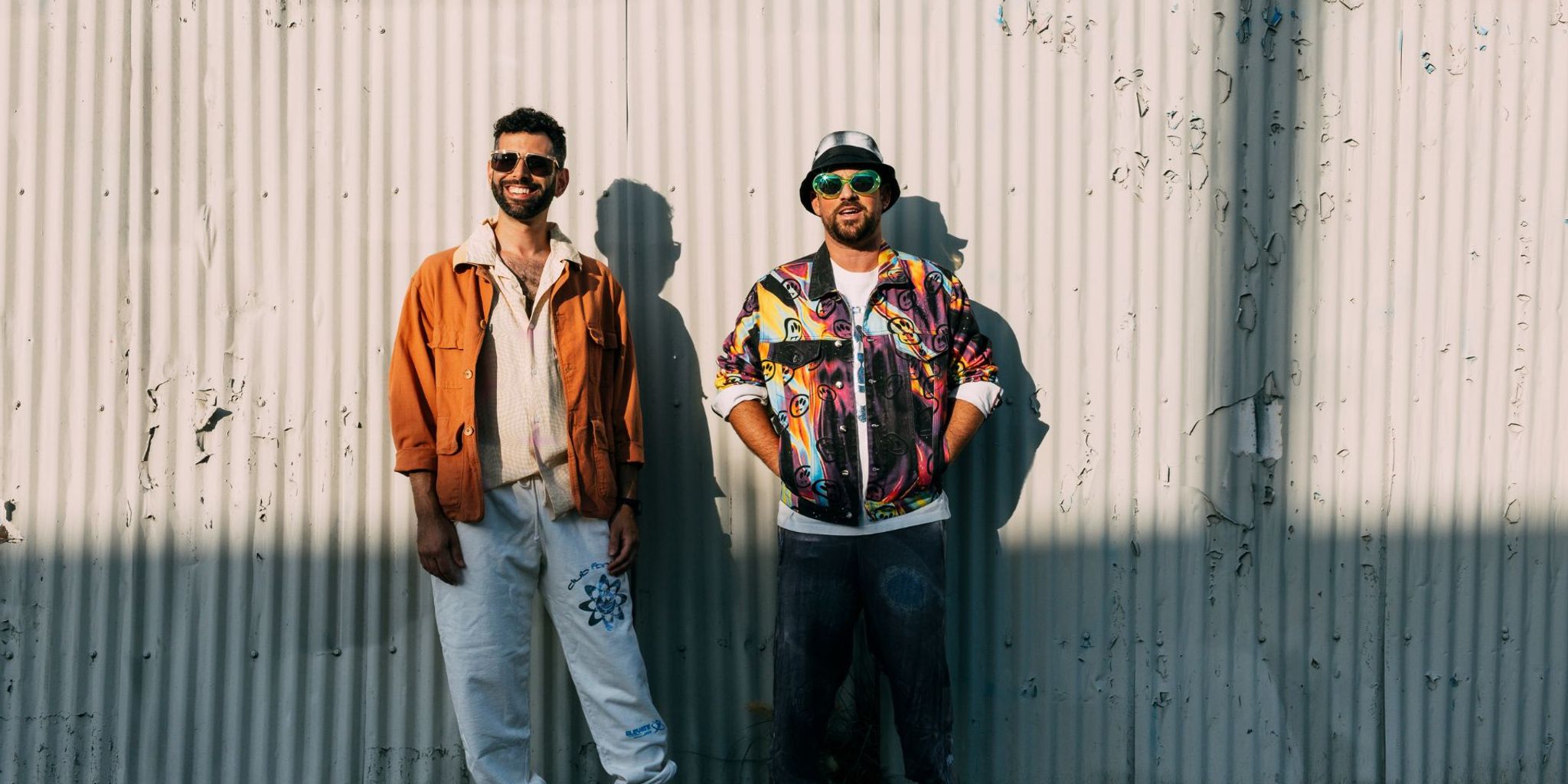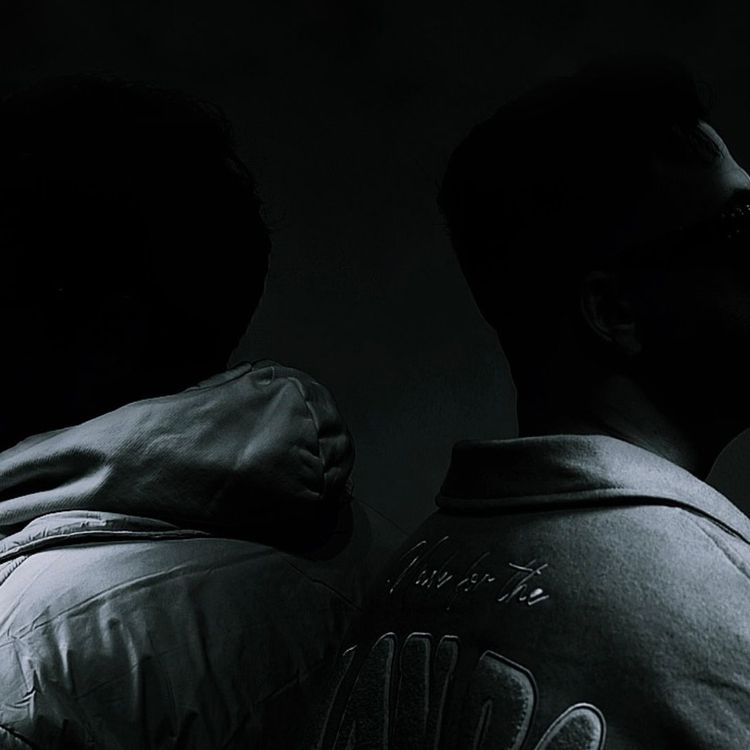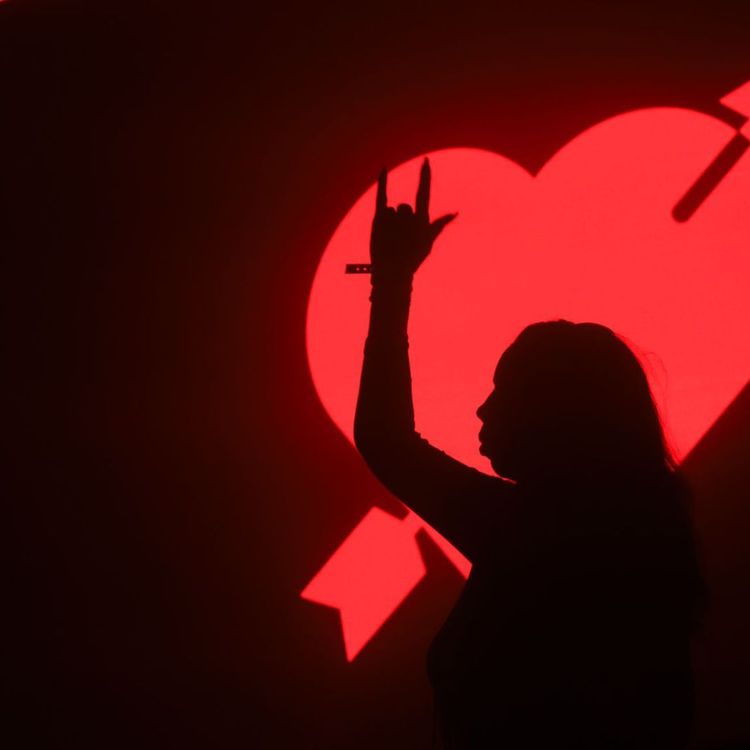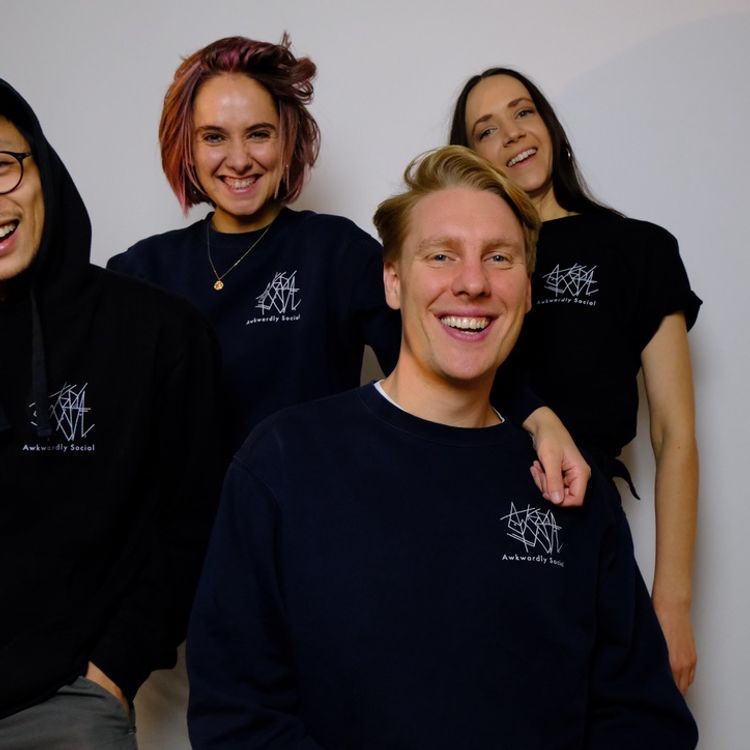Eco Grooves: Exploring Soul Clap’s Environmental Mission
Since the early 2000s, Soul Clap has been carving a path through the electronic industry with their distinct approach and sound. Their early edits, despite initial controversy, became summer anthems all throughout the 2000s and 2010s, ushering in a prolific career. Hailing from Boston, Charlie Levine and Eli Goldstein journeyed through Brooklyn, blossomed in Berlin, and now in Miami and New York, respectively, command the electronic funk scene. Whether it’s through Soul Clap Records, their imprint/touring party EFUNK, or the slew of collaborations, you never know what’s next for the duo.
Now, going into 2024, Soul Clap is set to release their new EP, EcoSystemS, marking a return to joint projects after a year of advocacy. Whether it’s Eli’s graduate studies in climate policy or Charlie’s work in coral reef construction, Soul Clap is consistently dedicated to sustainability and environmental stewardship, working closely with several organizations like DJs for Climate Action and GenZero Action. The new project will be released alongside an eco-conscious tour, epitomizing their combined commitment to music and the planet. Ahead of their EP launch, I had the privilege of sitting down with Soul Clap earlier this week to explore the evolution of their sound and how environmental advocacy plays a role in their music.

Where are you right now, and what’s in store for release week?
Charlie: I’m in the Japanese countryside surrounded by beautiful traditional art (gesturing to his green screen background). No, I’m actually in my studio in Miami right now, preparing for Miami Music Week. We’ve been playing it consecutively since 2001!
Eli: I’m at my home in upstate New York, about to head down to Miami for all of our shows and parties to celebrate the release of the EP. This is my first time going down there to play in a while!
This month marks twenty-three years of Soul Clap. Having founded Soul Clap Records and House of EFUNK while working with a pantheon of artists, what are some of your favorite memories of collaboration?
SC: Earlier this year, we lost a close friend and collaborator, Amp Fiddler. Amp was a positive presence who taught us so much both inside and outside the studio. Performing with him in Detroit with a full band will always be a cherished memory. He also opened many doors, and is the reason we were able to work with more legends like George Clinton and Nona Hendryxs.
From funk compilations with XL Middleton and Detroit legends for EFUNK006 to emerging minds like Tatie Dee, how do you approach working with such a large variety of artists through your label?
Eli: The overall ethos came from the earliest days of working with Wolf + Lamb. We found this inherent belief that if you’re going to release music with someone, you have to form a relationship and know them on a deeper level than just their sound. This has manifested in all of our releases so far, as we’re close friends with our collaborators and the artists showcased on EFUNK.
Your most recent single, “Extravaganza,” from the new project, is a remake of your anthemic Jamie Foxx edit from ten years ago. How do you choose what to update while still preserving the nostalgia it carries?
Charlie: Many of our early edits that became popular were very bootleg-y and pieced together. Most of the updating is done through the large number of new synthesizers, drum machines, and samplers we’ve amassed. For that song specifically, we used a new Moog patch for the bass and processed the drums a lot more.
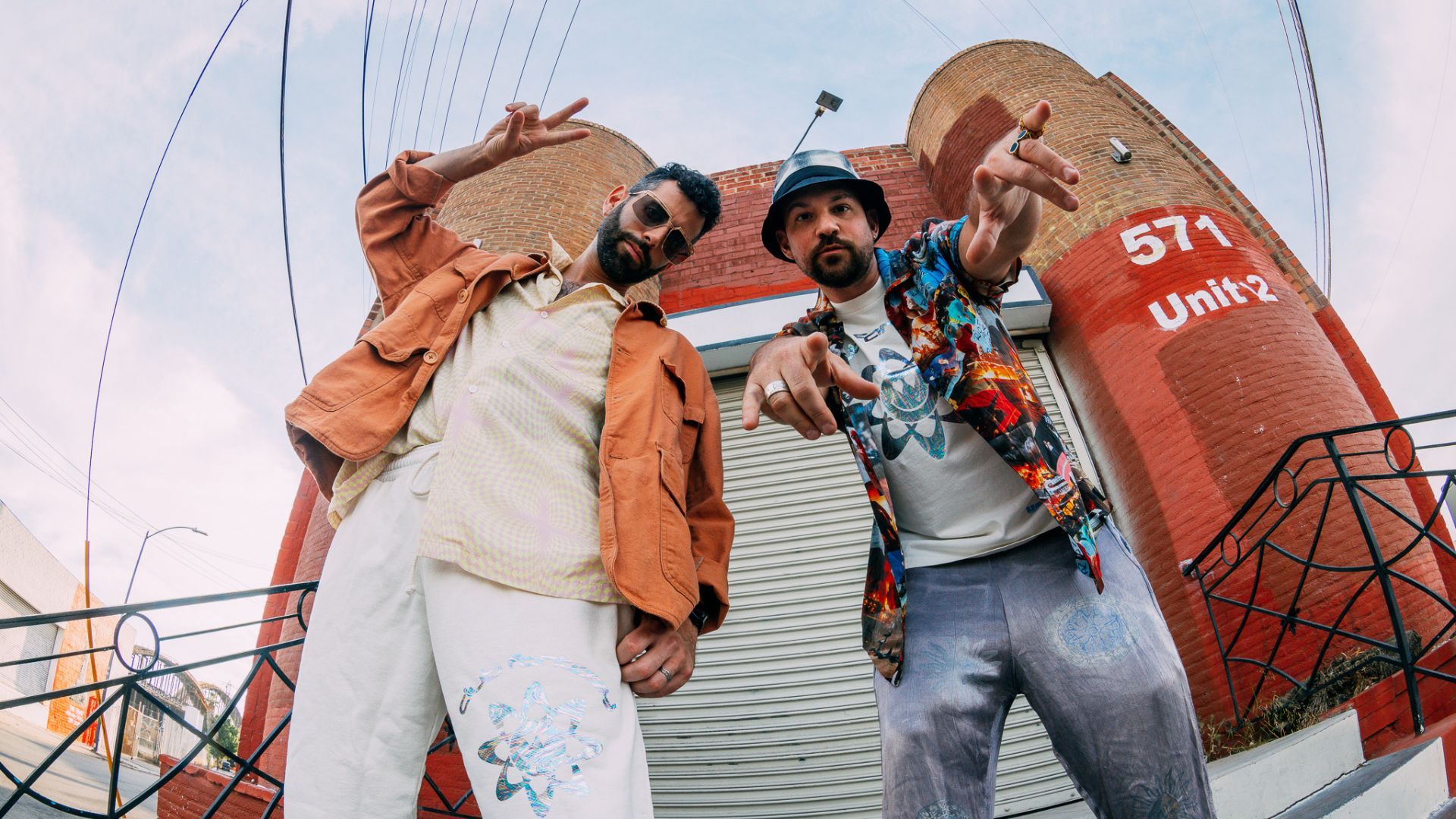
Eli: The recording with Life On Planets was done at House Under Magic Studios in Brooklyn and took a lot of time to capture the energy of the original.
Charlie: It was mixed by Tom Ruijg in Amsterdam, who makes his own music under the moniker Tracey, and then sent to Moustache Mastering in California to get the final product.
The second collaboration with Life on Planets on the EP, “Rick Fredkin,” takes your funky sound in a new uptempo and breaky direction. Was this a natural evolution of your typical house sound?
Charlie: First, I’ll explain the meaning behind it. The song is named after our close friend, Rick, the son of digital theorist Edward Fredkin. Ed, who passed away recently, worked in the beginnings of artificial intelligence and pioneered a theory that the universe could function like one giant computer. Rick has followed in his footsteps as a bright technological mind but still parties and raves alongside us all the same. In a hectic digital world, this was our dedication to him, trying to say, “It's in your hands.”
Eli: Regarding the track's sound, jungle and breakbeats were a massive part of how we got into music. When we were growing up, raves and parties would always have multiple rooms, each with different genres to enjoy, so we were listening to everything. I used to mix drum and bass often, but as the Soul Clap project took off, I transitioned out of it and focused more on funk and house. I think one of the songs of our earliest project has the essence of a jungle song, just really slowed down.
Charlie: I think if you listen to our sound over the years, you can definitely see the influences. We’ve always tried to mix the sounds of classic breakbeat, like specific bass patches or ethereal pads. What may seem like a departure to our listeners feels more authentic to us internally.
Can you name some of your favorites who inspired the breakbeats?
Eli: A lot of the Brazilian jungle and breaks like DJ Patife and DJ Marky. I recently played “Sambassim” by DJ Patife at a party. Other than that, I love Creative Source and Marcus Intalex, a powerhouse from the UK that we lost a few years ago. Rest in Peace.
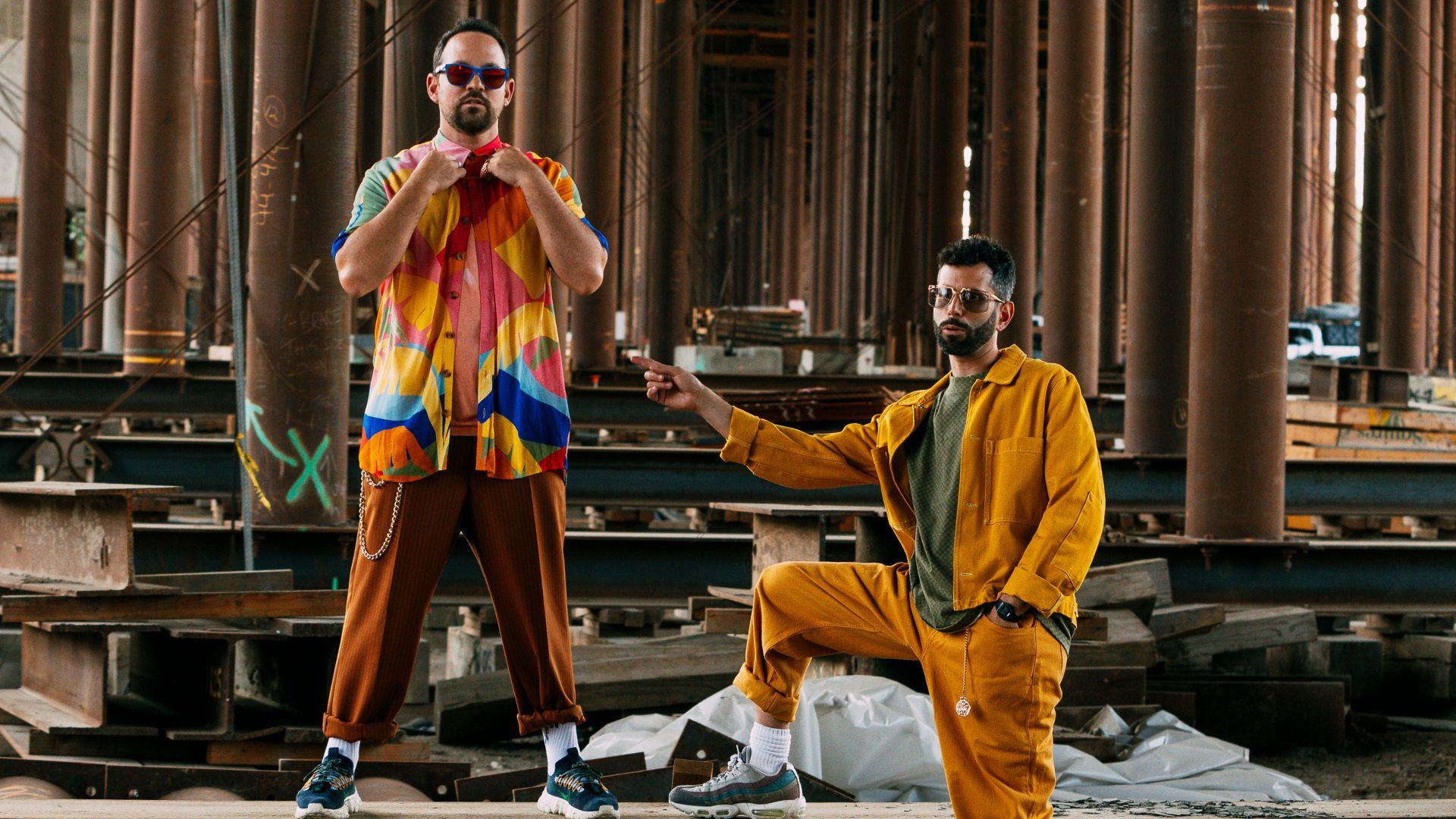
Eli, you took some time in 2023 to focus on your thesis and further your work with DJs for Climate Action. What are some of your biggest takeaways from the surveys and research, and how did that factor into the new project?
Eli: In June 2023, I completed my Master's in Climate Science and Policy and published my thesis on climate action in the electronic music industry. It was incredible to see the sense of action needing to take place, and it allowed me to collaborate with new organizations focused on making a positive impact. Overall, the biggest takeaway that manifested inside and outside of the music was the sense of helping people remember that we are all nature.
Can you describe studying coral reef reconstruction in Tulum? Do you try to bring any of the experiences or emotions from your joint activism into your music?
Charlie: I’ll leave the science behind it to the researchers to describe, but what I can tell you is that we experienced taking biotic field recordings of active coral reefs on the Florida coast. In these recordings, you get to hear all of the sounds of a healthy ecosystem, like little pops from shrimp and other life forms, in comparison to the dead and bleached reefs, which are just silence. The soundscapes don’t really have audible calls or vocalizations as you would expect, but they sound almost like white noise, very atmospheric and buzzing. On tracks off of the EP, like “On and On,” we incorporated these sounds by recreating their energy and emotion and trying to inject the track with the essence of the healthy ecosystem.
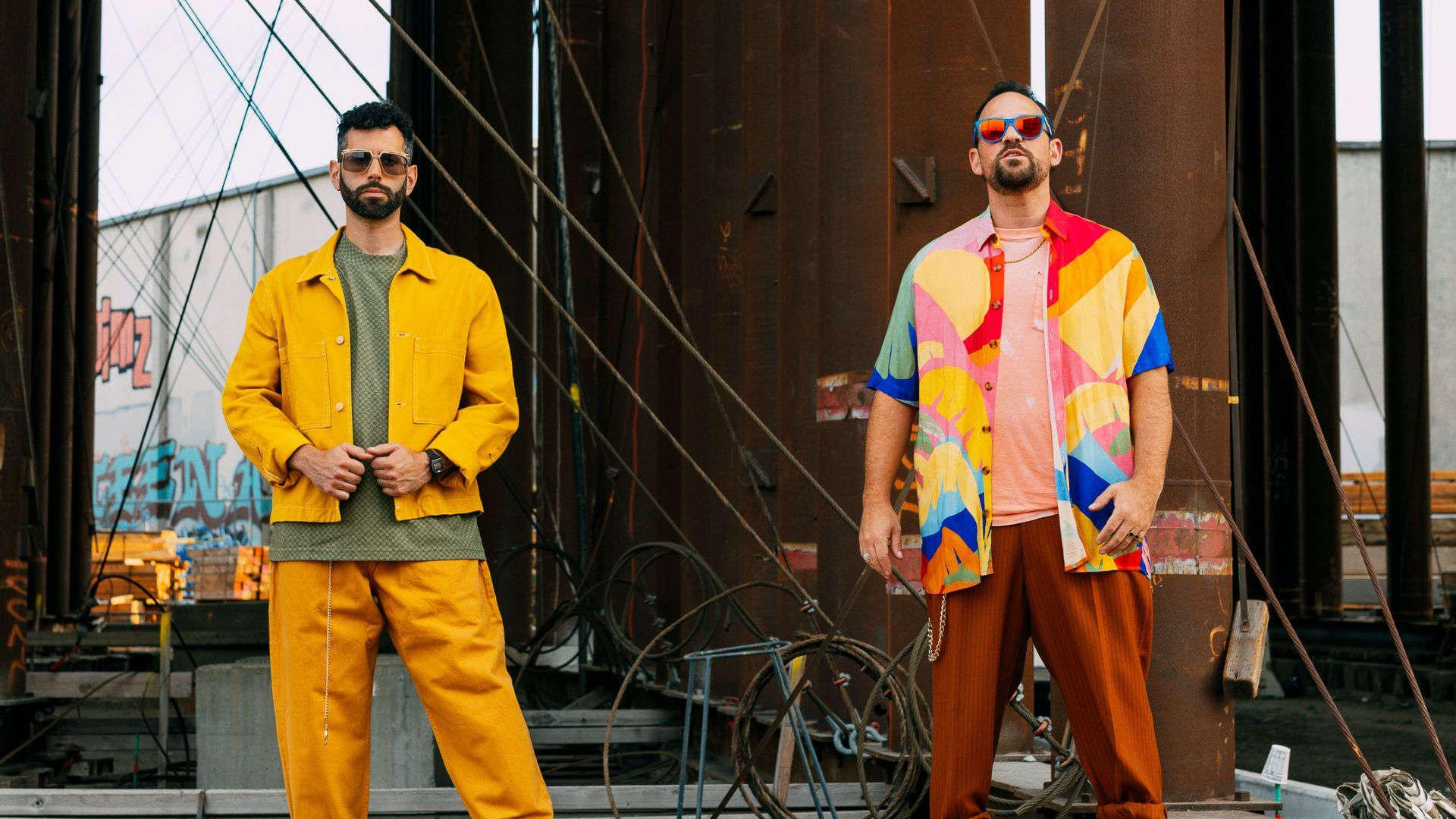
Eli: Overall, we’ve been trying to incorporate more natural sounds into the music. Most recently, we were in Mexico, and the area where the studio was located had a bunch of chickens outside. The chickens fit into the overall rhythmic structure of the song, so we went outside, field-recorded them, and added them in. All of the field recordings bring a new sense of life and capture the
What goes into planning an environmentally sustainable nationwide tour? Is there any sense of limitations, and subsequently, can you balance them with delivering an event of a similar or higher caliber than you’ve given to fans in the past?
Charlie: There’s definitely some sense to deliver after we’ve been throwing events for so long, but we turned to venues and promoters who we have relationships and experience with, so we know they’ll share our values and be able to deliver the same quality of events.
Eli: Some limitations come up, but overall, the sustainability makes the parties better. For example, I’m taking the West Coast leg off because I can’t get there by car or train and decided not to use air travel. Because of that, I’m focusing more energy on the events close to home. Having plastic-less parties also makes the dance floor cleaner and more enjoyable space for everyone involved, and playing in more diverse spaces allows us to learn more and connect with new people.
Earth Night 2024 is set to retake place globally in cities like New York, Amsterdam, Berlin, Lisbon, Paris, and Barcelona. Are there any exciting details you can share about this year's celebrations?
SC: This is our seventh year in a row playing Earth Night, and this year, we have around thirty events taking place worldwide. This year, DJs for Climate Action is primarily focused on this idea of “regenerative” celebrations, or leaving the space we choose to take up better and more nourished than when we arrived. This means working on location with even more teams and local organizations than ever before. We’re super excited for next month.
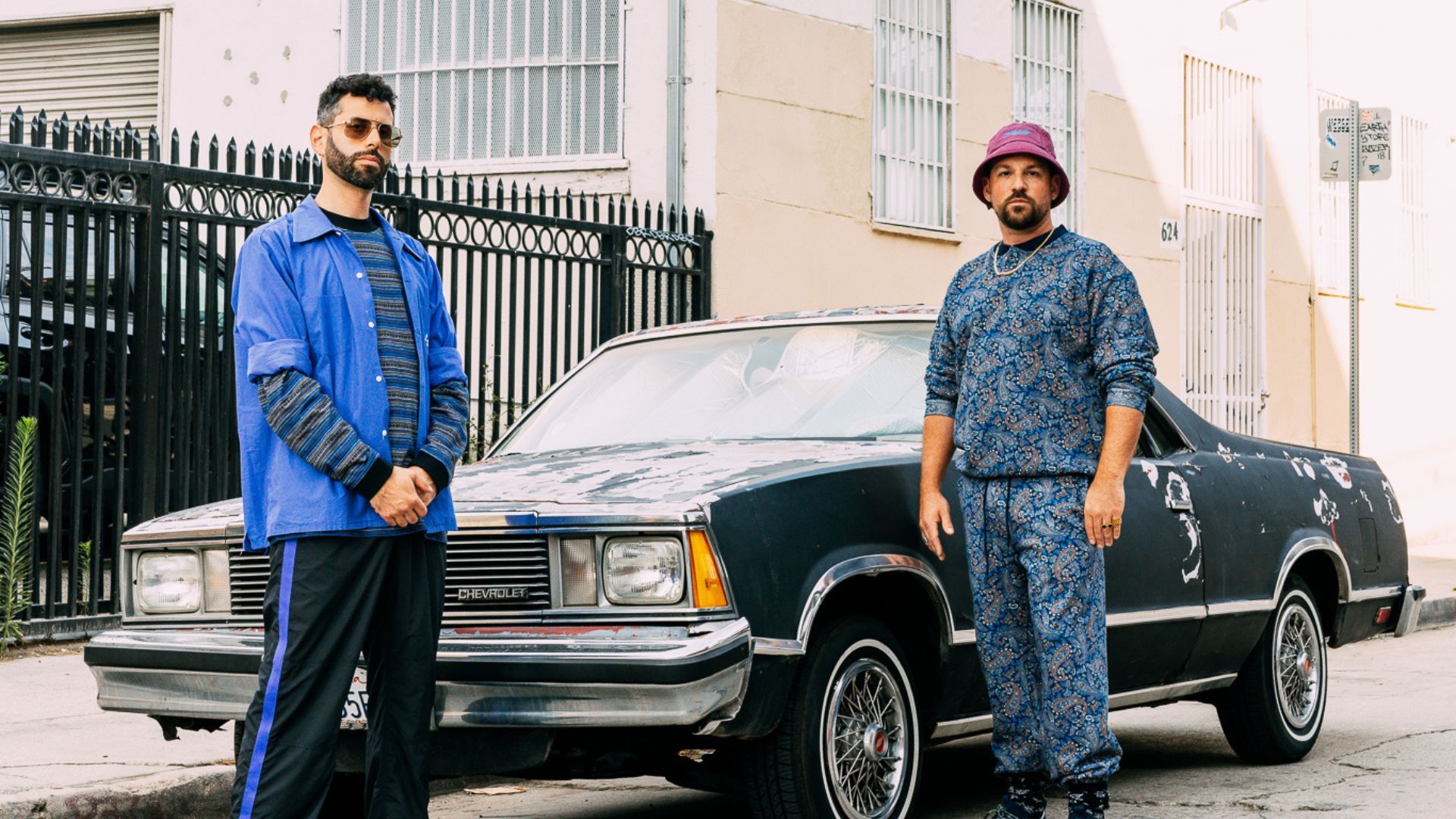
2024 feels like a breath of new life, with Eli returning for “EcoSystemS.” After this EP, what's next for the label? What do you want to share with the fans?
Eli: For the labels, we have a whole variety of new music coming out. Our first British artist, the London-based afro-beat duo 2fox, will have a project releasing soon under Soul Clap. Other than that, we have another FSQ album, and also releases from a new supergroup, “Choosy Lover,” made up of all-stars from the Soul Clap Records family. We know that the last five years have been tumultuous, with the pandemic leading into numerous conflicts. It’s been an unstable time in our lives, and we’re now choosing to connect more with our fans and push more emotion into our music.
Charlie: Going into this tour and the EP's release, we really just want to remind people that the “ecosystem” isn’t just about animals or nature. We are all part of the ecosystem, play a role, and should be conscious of our decisions.
